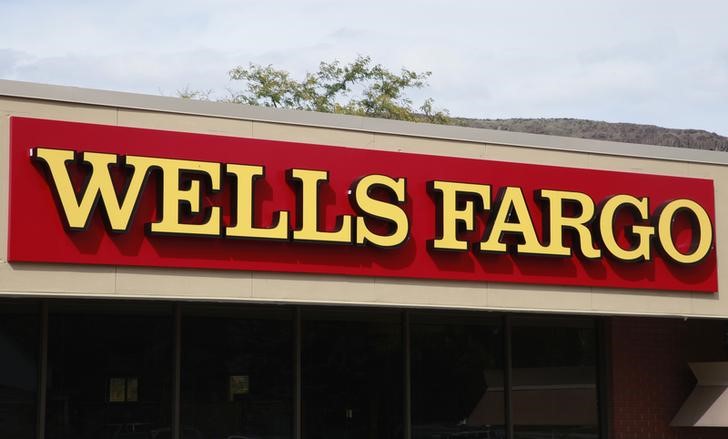By David Henry
NEW YORK (Reuters) - U.S. banks are finding that "co-branded" credit cards they offer with retailers, airlines, hotels and other consumer companies are increasingly a lousy business, one not likely to get better soon, industry executives said.
Stiff competition is resulting in margins that are so low they are barely there, analysts said. On Wednesday, American Express Co said it would stop offering a co-branded credit card with Costco when its contract with the retailer ends in March 2016. It cited greater competition.
These products are big business for companies such as American Express — nearly a third of the company's purchase volume is on co-branded cards. In recent years, banks including Capital One Financial Corp and Wells Fargo & Co have increased their offerings of these cards, and Citigroup and JPMorgan Chase & Co have also sought these deals.
Retailers are cashing in. Historically, companies rarely switched from one bank to another. But in the last year several big retailers have done so, including Midwest department store Dillard's Inc, which in April switched from what was then a unit of General Electric Co to Wells Fargo & Co. Privately held BJ's Wholesale Club moved its co-branded cards from Barclays to Alliance Data Systems Corp.
One bank official said competition for co-branded cards is heating up but is not necessarily worrisome. "Things haven't gone crazy yet," the official said.
The official noted that banks that issue Visa or Mastercard credit cards may have more opportunities to generate revenue than American Express does, allowing them to share more money with Costco. For example, card issuers collect fees whenever a consumer uses plastic to pay for something. Because Visa and Mastercard are accepted at more merchants than American Express, a conventional bank might be able to generate more revenue with a co-branded Costco credit card than American Express can.
But it is unclear how much more revenue banks can wring from Costco cards than has American Express. That card issuer's customers tend to be wealthier than Visa's or Mastercard's, and their higher spending can generate more fees, an American Express spokeswoman said.
Co-branded cards offer benefits to retailers and banks alike. Customers who, for example, shop often at a department store will spend more there if their credit card gives them discounts, allowing a retailer to reward loyal consumers. These customers will also spend more outside of the store than they might on a regular card, in an effort to earn more discounts. That higher spending translates into higher revenue for banks for processing transactions.
With greater competition among banks for this business, more and more of the fees from consumer spending are going to retailers, analysts said. Retailers are increasingly also sharing profits from loans with banks, said Credit Suisse research analyst Moshe Orenbuch in a note on Friday, which could result in lower profits for issuers. Sharing of profits historically has not been common with co-branded cards.

"At some point, the competition here should ease," said Michael Taiano, a research analyst covering credit cards at brokerage Burke & Quick Partners. But it is hard to say how long it will take, and that point could be years away, he added.